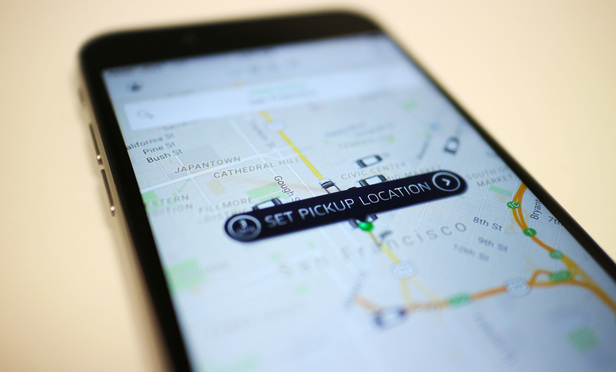As a plaintiff’s attorney, would it surprise you to learn that your client’s auto case might actually be a zero threshold? As a defense attorney, would it make your carrier pleased to learn that their insured’s coverage is actually secondary to a $1 million primary policy? Well, you may have never heard of some of the largest taxi services in New Jersey, until now.
Over the past few years, the rate of New Jerseyans with smartphones has skyrocketed, bringing with it a slew of new location-based Internet services. One category is so-called “ride sharing” apps, which allow anyone with an iPhone or Android device to request a ride within seconds based upon location information provided to the service directly from their phone. The major difference from a traditional taxi is that the drivers using these services to find passengers primarily use their own private passenger vehicles, instead of a registered company taxicab. Two of the largest transportation network companies (TNC), Uber and Lyft, are recording tremendous demand and are poised to change the way the bar must practice in analyzing and assessing personal injury cases.
This content has been archived. It is available through our partners, LexisNexis® and Bloomberg Law.
To view this content, please continue to their sites.
Not a Lexis Subscriber?
Subscribe Now
Not a Bloomberg Law Subscriber?
Subscribe Now
LexisNexis® and Bloomberg Law are third party online distributors of the broad collection of current and archived versions of ALM's legal news publications. LexisNexis® and Bloomberg Law customers are able to access and use ALM's content, including content from the National Law Journal, The American Lawyer, Legaltech News, The New York Law Journal, and Corporate Counsel, as well as other sources of legal information.
For questions call 1-877-256-2472 or contact us at [email protected]



